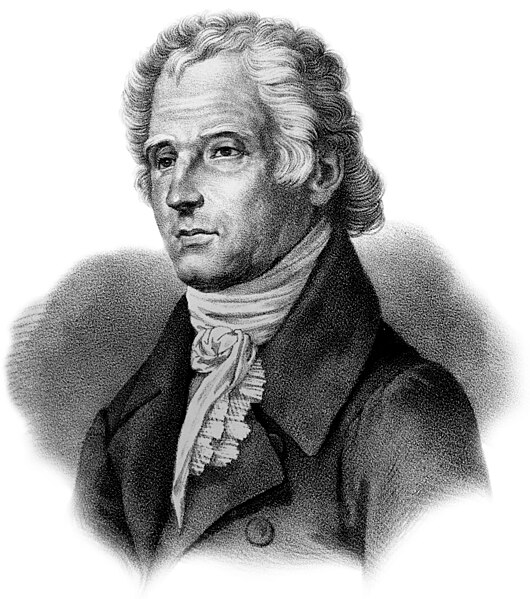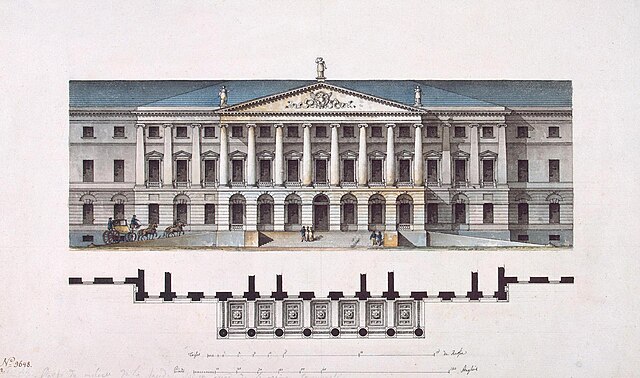The choral concerto, occasionally known as vocal concerto or church concerto) is a genre of sacred music which arose in the Russian Empire in the middle of the seventeenth century and remained popular into the early nineteenth century. Choral concertos are short compositions for unaccompanied voices, typically containing multiple and distinct sections, with occasional soloistic interludes. The text of the compositions was usually selected from the psalms and other biblical texts, with occasional settings from feast day sequences. Choral concertos were intended for liturgical use; they were sung at the point in the Divine Liturgy when clergy were taking Holy Communion, before the Communion of the faithful.
Dmitry Bortniansky (1751-1825) was the most prolific composer of choral concertos.
The Russian Age of Enlightenment was a period in the 18th century in which the government began to actively encourage the proliferation of arts and sciences, which had a profound impact on Russian culture. During this time, the first Russian university was founded, a library, a theatre, a public museum, as well as relatively independent press. Like other enlightened despots, Catherine the Great played a key role in fostering the arts, sciences, and education.
The national Enlightenment in the Russian Empire differed from its Western European counterpart in that it promoted further modernization of all aspects of Russian life and was concerned with abolishing the institution of serfdom in Russia. Russian Enlightenment didn't promote any changes for separation of church and state. Pugachev's Rebellion and the French Revolution may have shattered the illusions of rapid political change, but the intellectual climate in Russia was altered irrevocably. Russia's place in the world was debated by Denis Fonvizin, Mikhail Shcherbatov, Andrey Bolotov, Alexander Radishchev, and Ivan Boltin; these discussions precipitated the divide between the radical, western, conservative and Slavophile traditions of Russian thought. Intellectuals often used the term prosveshchenie, promoting piety, erudition, and commitment to the spread of learning.

Mikeshin's Monument to Catherine the Great after the Alexandrine Theatre in St. Petersburg
View of Ivan Shuvalov's art gallery
Quarenghi's design for the Smolny Institute
Parasha Zhemchugova, a serf actress-turned-countess.





